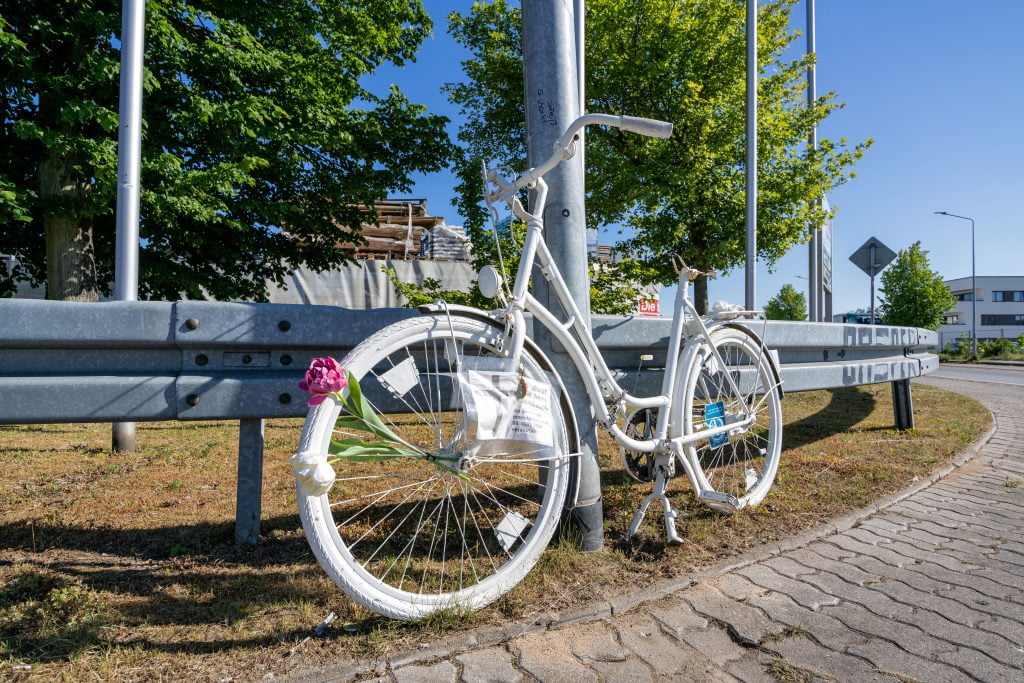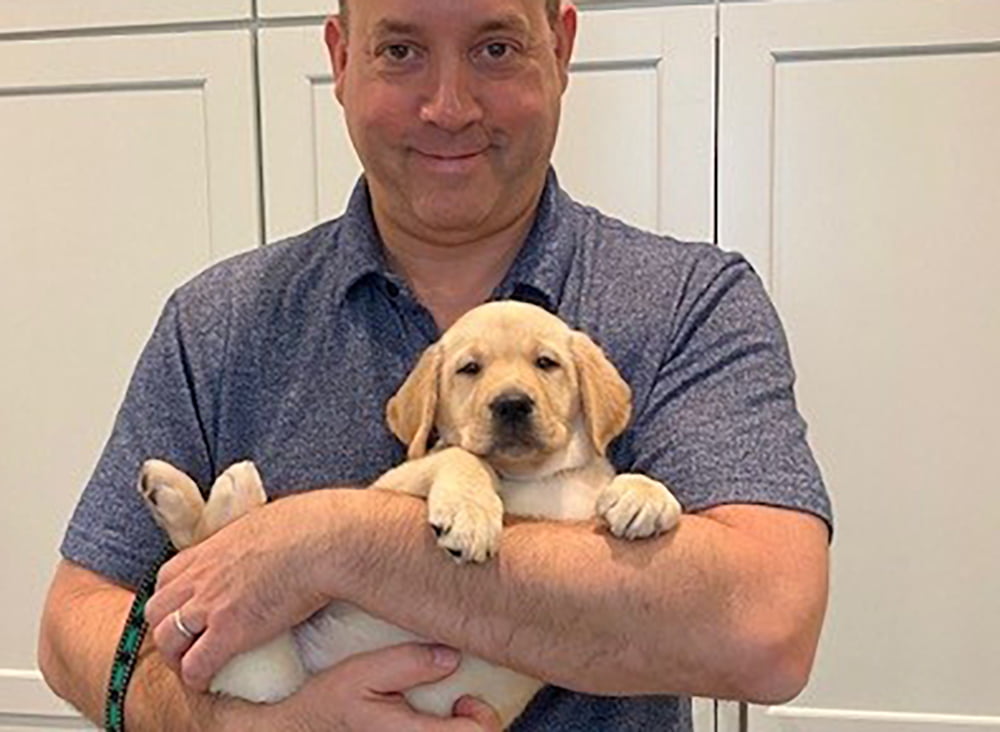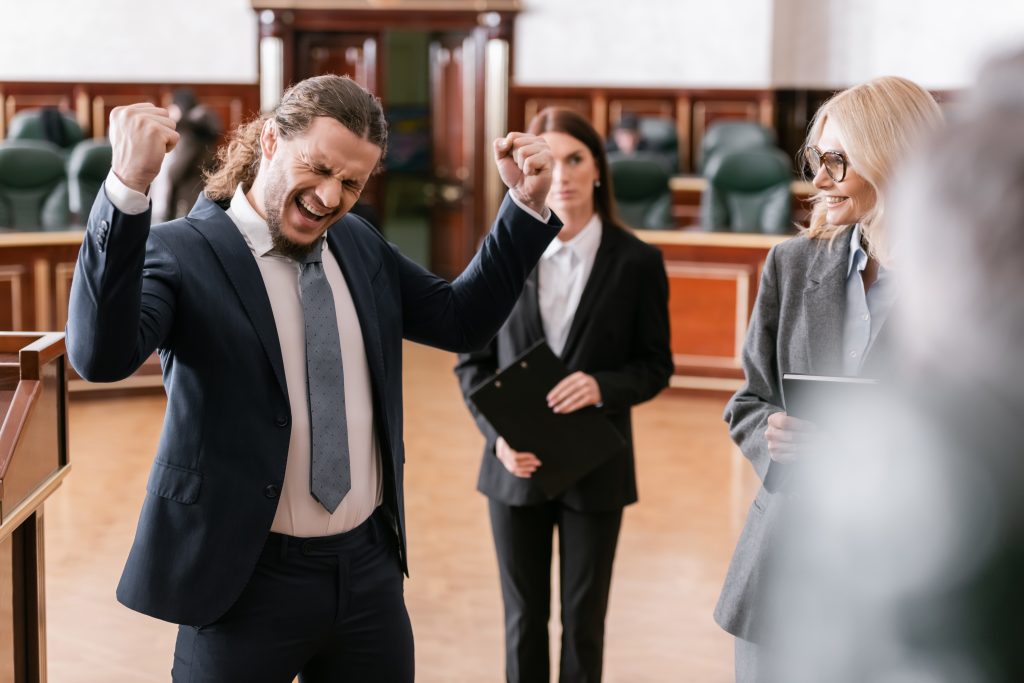South Africa Trip
As some of you may know, I was away in South Africa for two weeks over the holidays. It was definitely the trip of a lifetime and I highly recommend it. Safari is really an eye opener on a few fronts. First, it is fascinating seeing the African bush as it has been for thousands of years. In the game parks, while there are dirt roads for the safari vehicles, the reserves are hundreds of thousands of acres and there is no real maintenance or upkeep done. So, elephants knock trees over and they stay knocked over. The entire landscape is largely just the way nature develops it. It’s cool just to see the wild being wild.
Secondly, while elephants look fairly harmless on the Discovery channel, they are just inadvertently destructive animals. They are like a hungry tractor trailer. If there is a tree in the way, they just knock it over. If they want to eat bark, they do that and the tree dies and they move on. There is a great book called The Elephant Whisperer, if you want to read more on them.
Third, getting out of the safari trucks and walking around with guides with big elephant rifles puts a whole new perspective on things. Out of the trucks, we are prey. We walked for two hours single file with three guides and two large rifles. The rhino that appeared 40 yards away looked way too close for comfort. The zebras and wildebeest, which were 100 yards away were eyeing us warily. We are neither fast enough, nor strong enough to really defend ourselves. Other than the rifles, the guides all said climb a tree if you see a water buffalo approaching. However, as the elephants had crushed most of the trees and we were walking on a grassy plain, the climb tree advice was amusingly not reassuring. If you want to know more, email me and I would be happy to share.
The second part of our trip was to Cape Town and it’s nearby wine country Stellenbosch. Cape Town was a long-time stopover port for mariners on their way to the spice islands and Asia. It is a truly beautiful place. It reminds you of Vancouver or other places where there are mountains, ocean, and a bustling city all crammed together. Plus, a two-hour drive puts you in a place that looks just like Napa, California.
But, and it is a big But, Africa still has a lot of disorder to figure out. Unemployment is 45% or so and hence crime is a whole part of the economy. Barbed wire, electric fences, high walls, and angry guard dogs are all routine for those with money. For those without, you live in a shantytown. There does not seem to be a lot in between.
Two of the funnier memories were: One of my uber drivers asked if I had to give cows to my wife’s family to marry her. I accidentally said yes and then had to correct myself and he said yes, we all have to pay something. The other was with this same driver, we were driving along a very potholed, but paved road. At the side of the road were boys with shovels who would fill the potholes with dirt in exchange for coins from passing motorists. It seemed to encapsulate a bit of the Africa problem. They have a lot of people who need jobs, a lot of problems to solve, but getting money to the roads, or to collect trash, is just not yet running smoothly.
The dollar is very very strong right now, so the country is very much on sale for American tourists, who were there in force. So, get packing! But don’t take too much as you may be on a small propeller plane at some point.



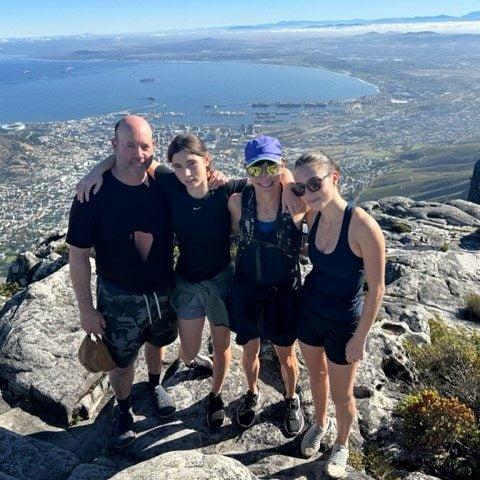

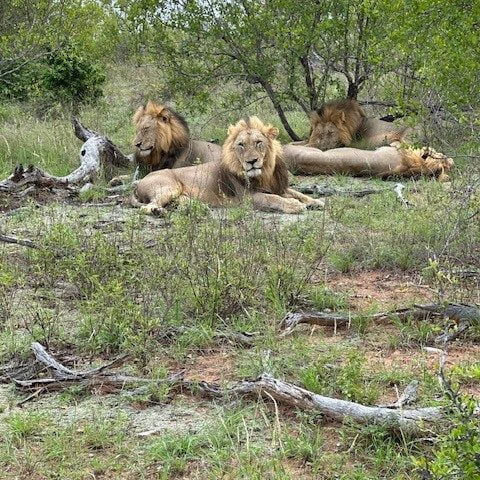



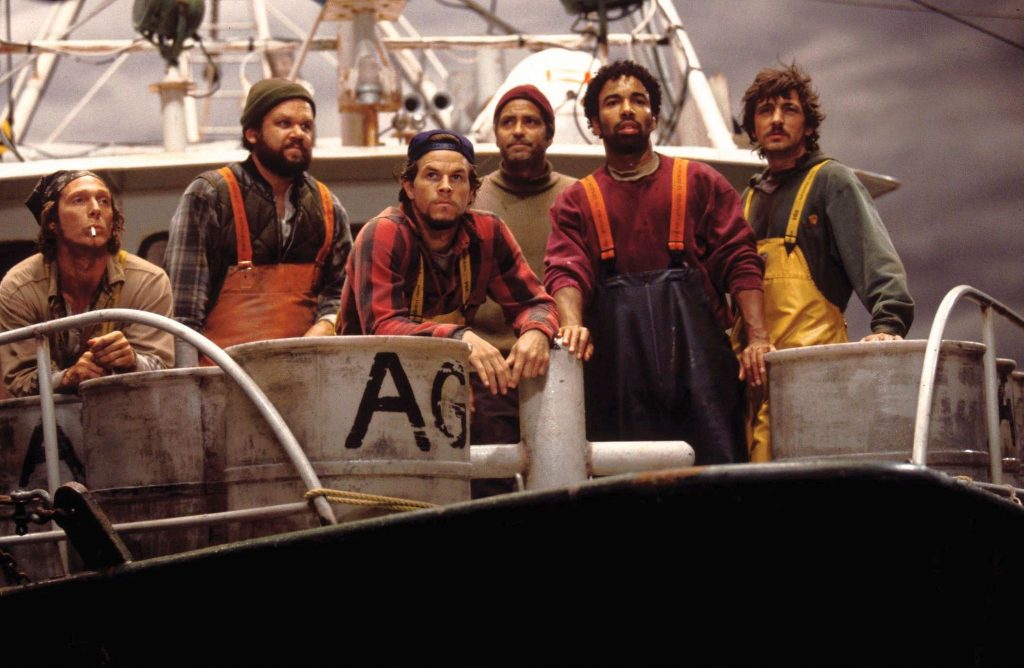
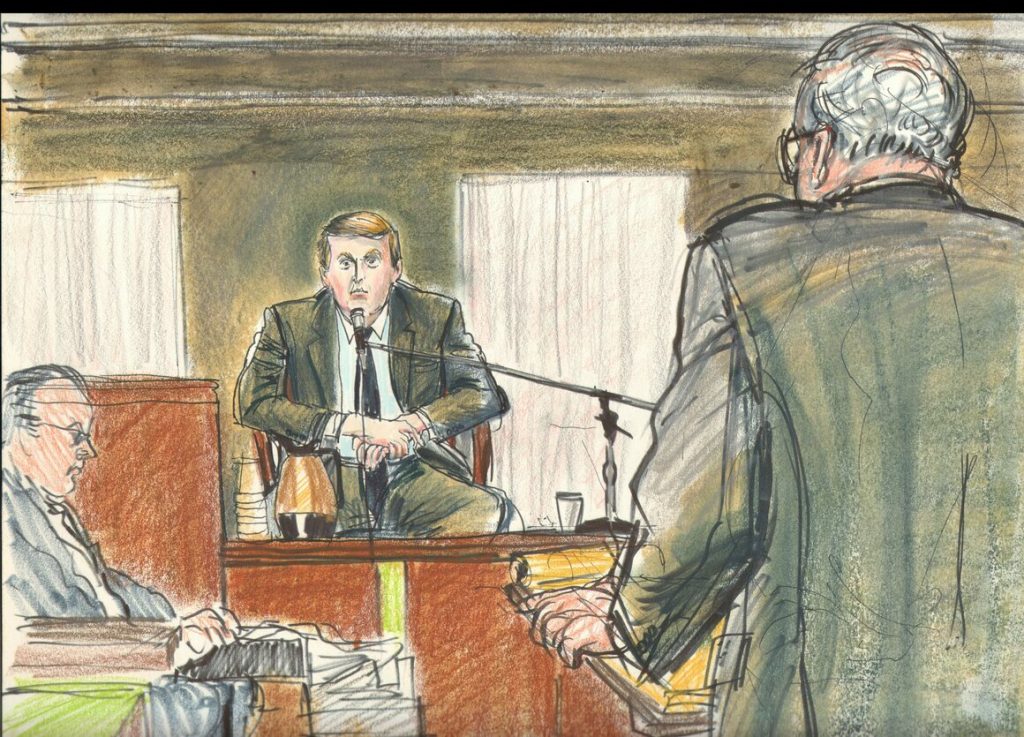

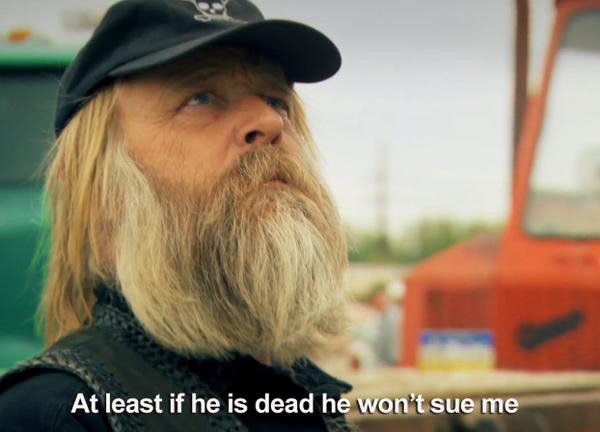 You don’t know who this is do you? Like all things these days, there are a lot of things funny and not pulling on our attention and time. Tony is, apparently, the gold mining king of the Klondike a star of the show Gold Rush. But, for me, he is a very entertaining, no bs kind of business owner. I would guess he makes millions of dollars mining gold in his small business. He has comically large expenses, like he needs to buy a million dollar bulldozer and there are days and weeks when he is putting money into the business stripping the overburden before he can get to the gold. But, once on the gold, Tony is relentless about pushing his crew to get results. Described by his daughter as loved by animals and small children, Tony is one of a kind. If you are loved by animals and small children, there are a lot of people who don’t love you or your manner. It bespeaks a disregard of social norms, but a good heart underneath. Tony curses so much and is so rough on his people that you have to see that success is what keeps people coming back to work for him. In gold mining, there are lots of failed miners and few success stories. Tony is a success and survivor.
You don’t know who this is do you? Like all things these days, there are a lot of things funny and not pulling on our attention and time. Tony is, apparently, the gold mining king of the Klondike a star of the show Gold Rush. But, for me, he is a very entertaining, no bs kind of business owner. I would guess he makes millions of dollars mining gold in his small business. He has comically large expenses, like he needs to buy a million dollar bulldozer and there are days and weeks when he is putting money into the business stripping the overburden before he can get to the gold. But, once on the gold, Tony is relentless about pushing his crew to get results. Described by his daughter as loved by animals and small children, Tony is one of a kind. If you are loved by animals and small children, there are a lot of people who don’t love you or your manner. It bespeaks a disregard of social norms, but a good heart underneath. Tony curses so much and is so rough on his people that you have to see that success is what keeps people coming back to work for him. In gold mining, there are lots of failed miners and few success stories. Tony is a success and survivor.